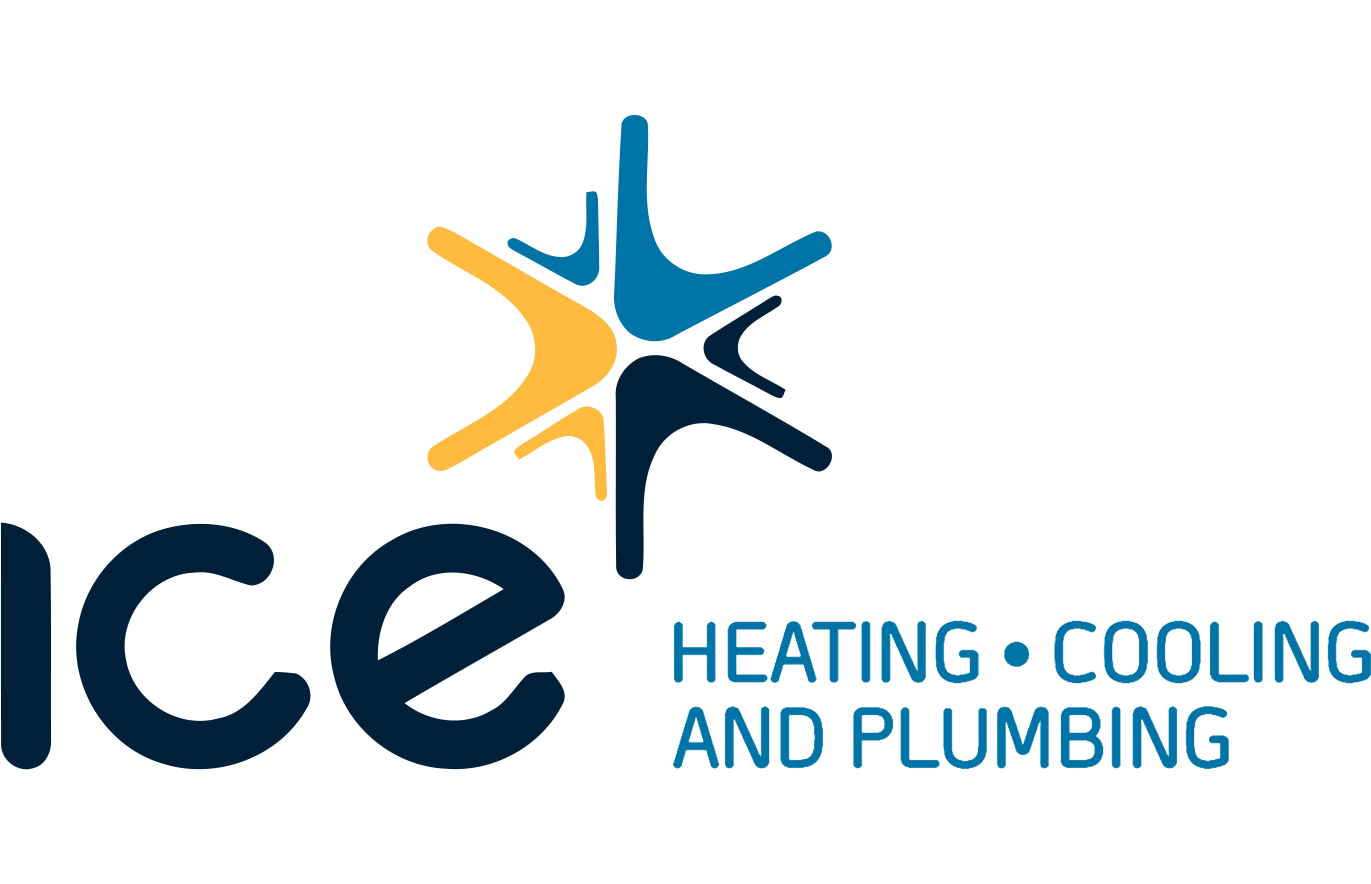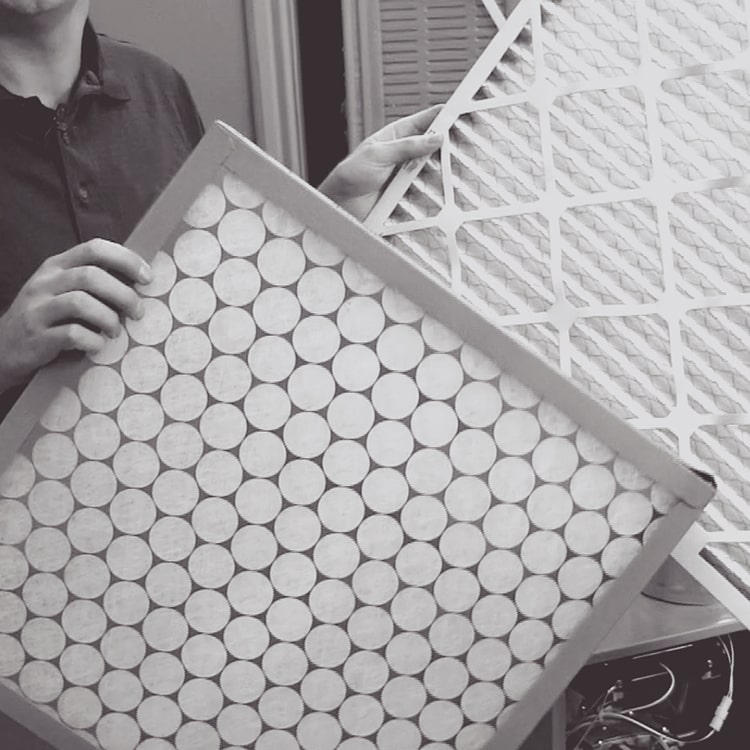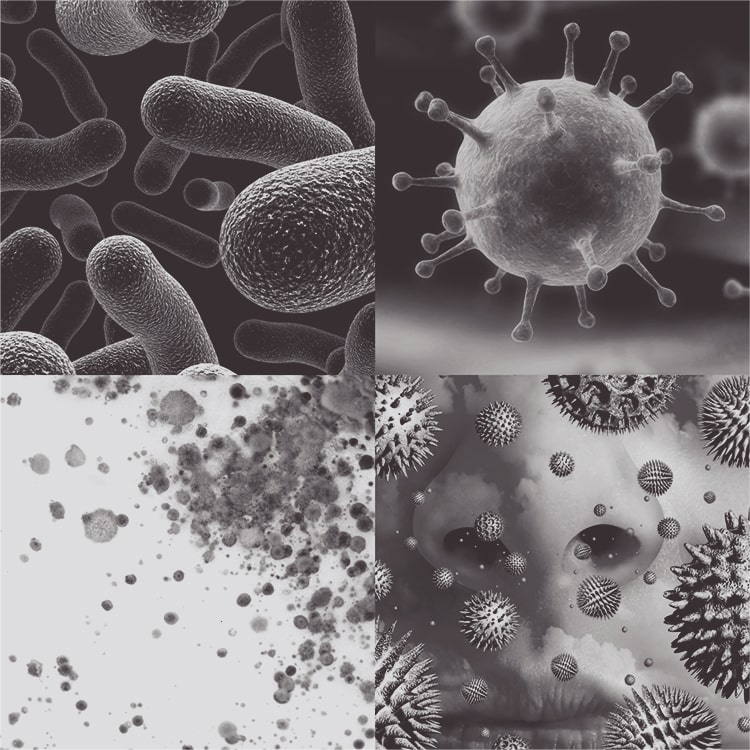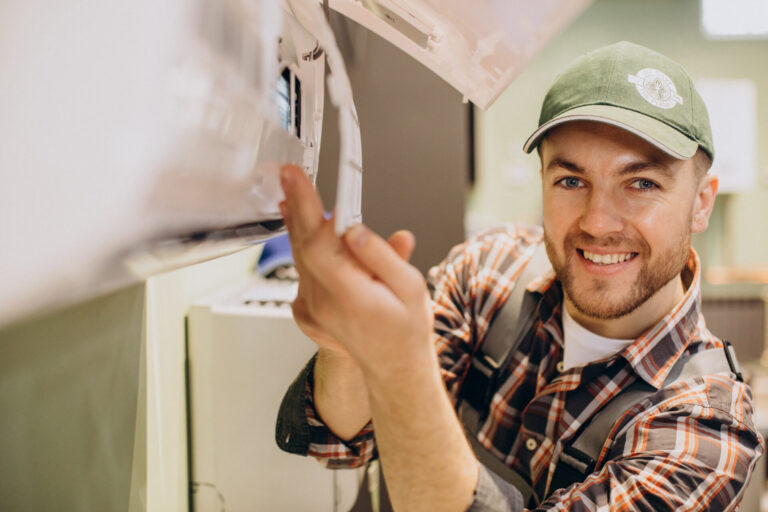When it comes to maintaining the indoor air quality, choosing the right air filter for your home is crucial. With so many options available, it can be overwhelming to determine which one is the best fit for your needs. In this article, we’ll discuss the different types of air filters and help you choose the best one for your home.
The Four Main Filters In The Market Today
When it comes to improving the air quality in your home, choosing the right air filter is crucial. With so many options available, it can be difficult to determine which one is the best fit for your needs. In this article, we’ll explore four different types of air filters – HEPA filters, electrostatic filters, activated carbon filters, and UV filters – and provide you with information to help you make an informed decision.
HEPA Filters
HEPA (High-Efficiency Particulate Air) filters are among the most popular air filters on the market. These filters are made of a dense, interlaced mesh of fibers that trap airborne particles, including pet dander, pollen, and dust mites. HEPA filters are highly effective and can capture particles as small as 0.3 microns in size. However, they are also more expensive than other types of air filters and may require more frequent replacement.
Electrostatic Filters
Electrostatic filters use an electric charge to attract and capture airborne particles. These filters are typically made of washable materials and can be reused multiple times. Electrostatic filters are effective at capturing large particles like dust and pet hair, but they may not be as effective at capturing smaller particles as HEPA filters.
Activated Carbon Filters
Activated carbon filters are designed to absorb odors and chemicals from the air. These filters are made of activated carbon, which has a large surface area that can absorb gases and pollutants. Activated carbon filters are effective at removing odors from tobacco smoke, cooking, and pets, but they may not be as effective at capturing particles like dust and pollen.
UV Filters
UV (ultraviolet) filters use UV-C light to kill bacteria and viruses in the air. These filters are typically installed in HVAC systems and can be effective at reducing the spread of airborne illnesses. However, they may not be as effective at capturing particles like dust and pollen.
The Problem With Upgrading The Filter
The standard media air filter is designed to trap very small particles. But it may be unable to catch the very smallest of pollutants, things like mold spores and other allergens. That’s why you may decide to choose a more powerful filter. But that means the fibers are more tightly woven together, which can be a problem. The design may stop more harmful particles, but it may also prevent air from flowing into the system. Your heating and AC systems are designed to take in and condition a set amount of air, so this can cause the unit to malfunction in some major ways. You don’t feel comfortable without the right amount of airflow, and the components of your comfort system become overworked and fail prematurely.
What To Do Instead
If you’re trying to change the air quality in your home, you may want to take a different approach. A new whole-house air filtration system or air purifier, installed by a professional technician. UV air purifiers kill and sterilize germs on contact. There are other types of electronic air purifiers and filtration systems able to remove pollutants from the air without blocking airflow as well. Ask your local technicians about the best options for your home’s air conditioning and heating system, so you can have healthier air without sacrificing your heating and AC systems.
Get Help From The Specialist At ICE
So, which air filter is the best for your home? The answer depends on your specific needs. If you have allergies or asthma, a HEPA filter may be the best option. If you have pets, an electrostatic filter may be more effective at capturing pet hair and dander. If you have issues with odors, an activated carbon filter may be the way to go. And if you want to reduce the spread of airborne illnesses, a UV filter may be a good choice.
Ultimately, the best air filter for your home will depend on your individual needs and preferences. Contact ICE Heating & Cooling for more information on air filters and to schedule an appointment to have your HVAC system serviced. Our experienced technicians can help you choose the best air filter for your home and ensure that your HVAC system is running efficiently and effectively.



